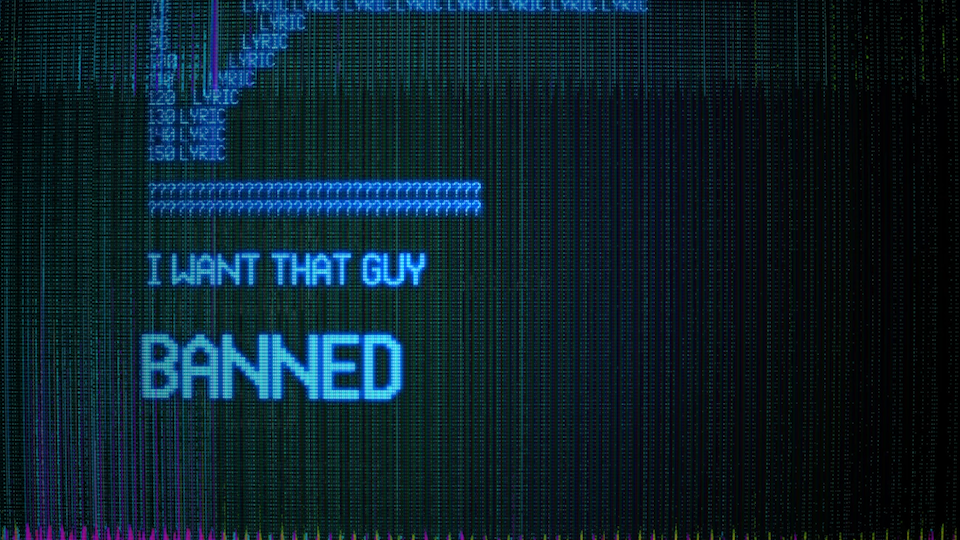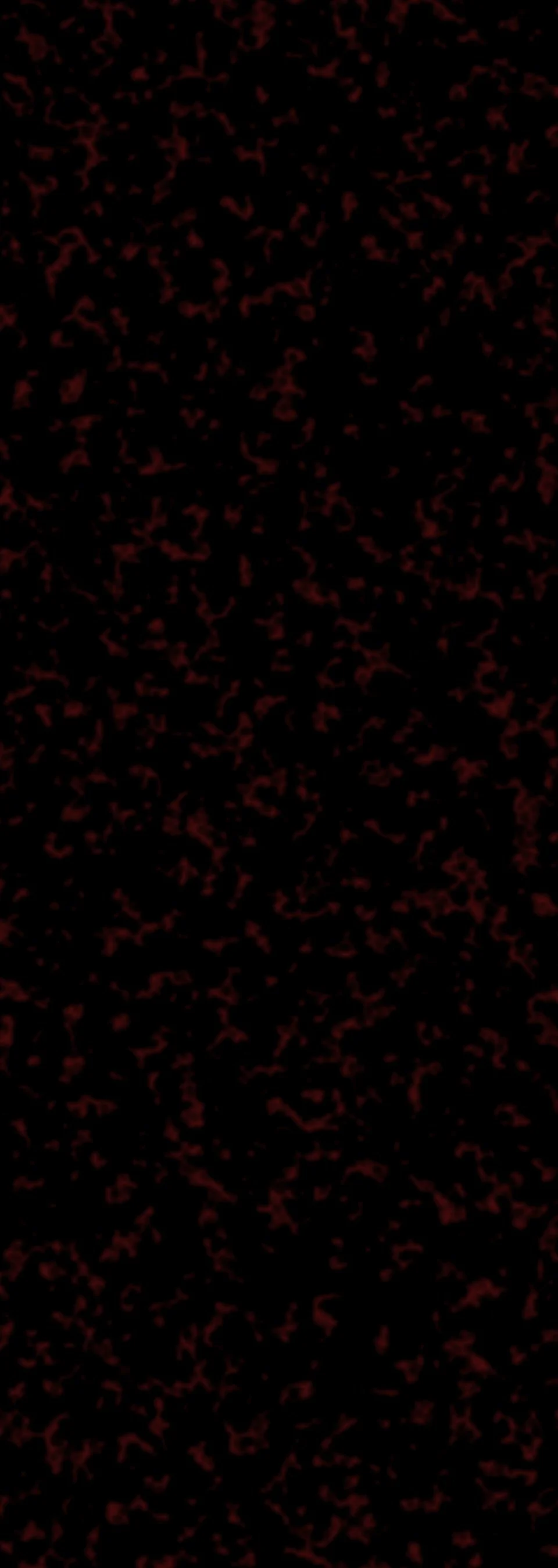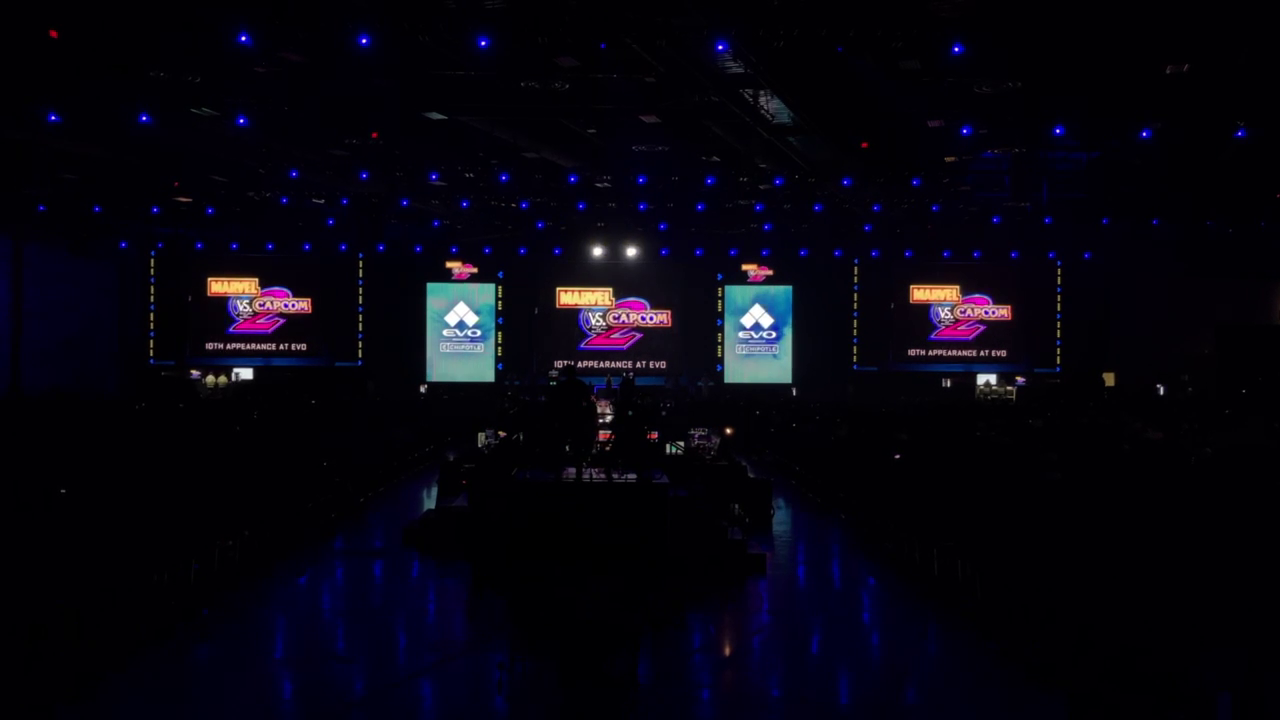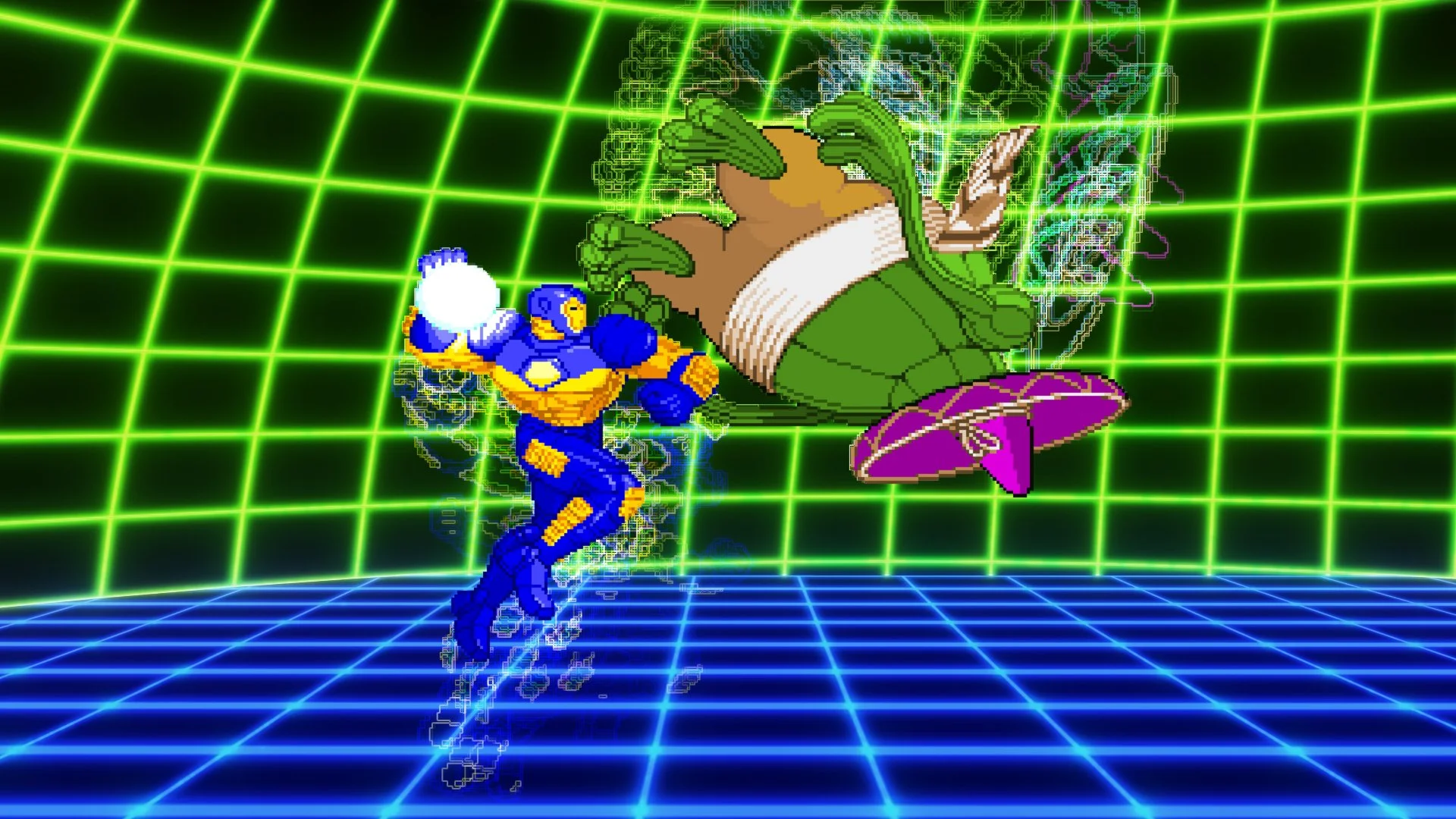
“wow…that intro gave me chills”
- Maximillian_Dood

Marvel vs Capcom 2 is an American institution.
It’s an integral part of the fabric of nerd culture and has influenced more media than you could ever be aware of. This summer, Chet Brown (Chromatic Media) was approached to craft the intro video for Marvel vs Capcom 2 Finals at Evo 2025. It was an honor to introduce the finals for the largest MVC2 tournament of all time. Thousands of entrants, live attendees, and viewers at home were treated to an action-packed love letter to this legendary game that defined a genre that we love so much. It’s 2 minutes of tournament history, heated rivalries, and community memes, all while Zaid Tabani, Mega Ran, and Substantial are bringing you lyrical heat packed with references and deep cuts. The project was a collaboration with the Evo team, who provided invaluable resources and insights throughout the process.
Featuring: Mega Ran, Zaid Tabani, Substantial, Casey Lee Williams, Jack Gardiner, Bubby Lewis
Producer: Mason Lieberman
Video Editor: Rubi Hernandez
Motion Designer/VFX: Chet Brown (Chromatic Media)
Sprite Animator: Hugo "HugoFrames" Peña
Special Thanks: Zach "Preppy" Robinson
How did the chance to work on this project come up?
- Samantha Flack
So, I've been posting a lot of personal work on social media, just doing my daily renders, and I had been followed by Meeks and Pepto Griswold, two of the members of the team, just for motion graphics work. I think both of them were vaguely aware that I was fighting game related, but they knew me more as a motion designer. But one day in July, I got an email from Esteban that said, “Hey, we could use some help with the intros. Are you available?” And I said, ‘I am dropping everything to make this happen.’
- Chet Brown
Tell me a bit about MVC 2 itself, why it's a big deal to you and the scene in general.
For the scene in general, Marvel 2 really stood on its own as a game, especially because of when it came out. In 2000 and 2001 we got a lot of the biggest, most popular, most beloved games just in the genre, specifically in Marvel vs. Capcom 2, CvS2, and Street Fighter III Third Strike, which all came out within 18 months of each other. And so it was this big competition of ‘which of these games is going to be the biggest?’ Third Strike ended up being the largest in Japan, but Marvel too really took home and really found its community in the US.
And MVC2 became the game where the American players were uniquely better than anybody else in the world. And of course, there were very strong players in all these other regions, Brazil, Philippines, you know, there were scenes everywhere. But this was America's game. And that was a point of pride for a lot of players. And it really became this feedback loop of the scenes wanting to get bigger and stronger and, y’know, steel sharpening steel through the hottest rivalries between the East Coast and West Coast and all the greats. So, it took on this legendary status of being THE competitive game in America.
Another big thing was its massive barrier to entry for competition. Don’t get me wrong, it’s a great game to just sit down and press buttons with your friends. But to compete? That’s a whole different beast, especially back then at the time before you had character tutorials and an actual training mode. So for me, being just 10 when it came out, I really looked up to those players who could actually do all the crazy stuff I wished I could do. And I don’t think I was exactly unique in that, this was always a sick game to watch.
So, last year was my first time at EVO, but what has your history with the event been?
I think I may have the strongest fighting game competitor credentials of the production team [laughs]. I've been competing in EVO since 2012. I attended my first one in 2011 because I was afraid of the competition in Marvel [Vs. Capcom] 3, and then I sat down for casuals and said, ‘maaan, I could’ve made it out of pools.’ But yeah, I've been in love with competitive fighting games pretty much since college. I honestly probably would have competed earlier had I known about it, but I fell in love with the competitive scene instantly, it was a natural fit.
What got that spark going for you to actually start competing in fighting games?
It was a lot of things all at the same time. When I was a teenager, when you wanted to find combo videos or tech or tutorials for your characters there was no YouTube. Occasionally some videos showed up on Limewire so I would find combo videos of Guilty Gear X, Third Strike or Marvel 2. Whatever I could get my hands on, if it looked cool, I was gonna watch it. So of course Marvel 2, being one of the flashier, more broadly played games there was more footage for it. So I wanted to get good, but a lot of this stuff was either arcade only, or - in the case of Marvel 2 - the Dreamcast port was the preferred port. I didn't have a Dreamcast, so there wasn't really an easy way to practice or learn these games if you weren't already in the scene.
I was in late high school when BlazBlue came out. And that was the first game where I had friends who were playing it kind of seriously. There was actually a decent home port too, so the vibe was ‘we can all get good together’. Then I became the best out of all of my friends there. And then we had the thought of, ‘okay, well, we should go to some of these bigger arcades like Arcade Infinity or Family Fun Arcade’ (if you're familiar with the SoCal scene). And when you show up to one of those places, there is an air of ‘Oh, everyone's scoping each other out.’ And there's that tension of competition in the air. You know, when you show up for the first time to this place that has been lionized and heralded as the Mecca of fighting games in your state, there's some nerves there.
Then you just step up and just start duffing people out and you're like, ‘ oh. You know, maybe I should keep playing these games. Maybe I'm actually kind of good at this.’
How has your relationship with the FGC been since then?
Well, the FGC is a more important part of my life than I probably would have admitted five, ten years ago. But I did play the games a lot and I just keep coming back to them. I still love the community and I still like competing and even if I go 1-2, even if my friends are too busy to hang out, I still love being there. I still want to make it to the next one.
So one of the things that really caught my eye and made me want to get better at Marvel 2 - and fighting games in general - is the Yipes video. Yeah, it's Marvel, baby. That was early, early YouTube. My friend just sat down one day and put it on my computer and we were dying. And then after watching it four or five times, we were just like, ‘how is he doing this?’ We didn't know how any of this stuff worked. We're like, ‘all right, this is dumb. We love this.’ And that really lit a fire in all of us to get better just so we could understand this video.
Marvel Vs. Capcom as a series really was the backbone of all that, because it was Marvel 3 that really got me to be competitive. When that game came out I was in college, so I was already practicing up on other games. I was so primed and ready for this to be the game that took over my life and I ran straight for it. I'm grateful to the games and the players for being so passionate and always having a home for the games. Shout out to the San Diego fighting game scene. It was a smaller scene, so it was a pretty tight knit group. You know, everyone had their cliques and everyone had their micro groups. But any time we traveled, it was real tight.
Give me a rundown on what the general process on the project was.
I joined the team midway through the process, so I wasn't involved with any of the pre-process or any of the storyboarding. I was brought in purely as an motion designer, working with art direction that was in place from meetings prior. So we had some basics already laid down, but it was really just, “okay, here's the vibe we're going for. Here's the song. Go.” Thankfully, the musical team did a great job of really hitting on a lot of references with very specific language. So there wasn't a whole lot of guesswork that needed to go into what needed to go where, but it was a matter of managing a lot of clips and filling out 2 minutes while keeping this thing exciting.
Were there any major challenges you faced on this project?
This is an old game and a lot of the footage that we have is from 2002, 2005. So it's camcorder handheld home recordings of just whatever is available. And big shout out to Preppy from Zachd.com. There's basically one good source for Marvel 2 footage and without that one good source I don't know if this video would have been possible. But even then, it's an incomplete record of a very storied history.
So I had to go through a lot of footage and really try and find standout moments of as many players as I could. Because it's easy to find the biggest names. It's easy to find Justin. It's easy to find Yipes. But it's a lot harder to find good shots of Chunksta, MADBOOFACE, Shady K, etc. I mean, I'm naming tier-two players, when there's tier-four players that were really important to the scene, you know? Going through that level of archival footage is not something that I had needed to do before, but it was also an incredibly interesting dig through history. Another funny challenge that came up is that is there's only really a handful of viable characters in the game at a high level. Finding clips of characters that weren't Magneto Storm Sentinel Cable gets pretty hard. Trying to find a little bit more interesting footage too, because ROM infinites are cool to watch for the first 30 times, but you know, it gets a little old.
What's your favorite small detail in this video that people wouldn't have noticed on the first watch?
There is a lot going on in this video, as you might imagine, plus we have three rappers all bringing their A game, all going pretty fast. So there's a lot that you would miss if you don't have the lyrics sheet right in front of you and you're not watching the video four or five times. Basically every clip that we show is relevant to whatever is being said or is building part of a larger story.
Gosh, any specifics? There's a couple of micro references that I make, like the “Boston rolls over Knicks 104 to 59.” That's a headline lifted straight from the Yipes video (which is the clip that's playing there), but I get the feeling a lot of people saw that and had no idea what I was talking about. That said, the entire song is laden with references to actual matches and gameplay. Cable really does “hit you with an unblock, Viper, Viper, Viper, drain ya life like BOW,” y’know? And not everyone could make that reference. That’s a player right there.
Were there any clips that felt important to you on a personal level to showcase?
Yeah, at the end with all the shots flying by - I got to put in a few of the other clips and moments that we couldn't really fit elsewhere. Clips like ‘Thank God for Sentinel. Thank God for the machine.’ That was one of those clips that all of the players requested in particular. All of the viewers they're talking about, ‘do an infinite’, ‘I want that guy banned from the arcade’. The top players were all clamoring for ‘Thank God for Sentinel.’
Because this is a game that has such a long history, there are a few important members to the scene who have since passed. So because they weren't really prominent players, it felt a bit disingenuous to highlight them for gameplay purposes. But, you know, since we have all these shots at the end, I wanted to make sure to show more of the community that maybe didn't get the same kind of spotlight, but were nevertheless, extremely important to the scene. So specifically, Remix and BlueJ, we made sure to put a shot of them at the end there. This is a little tangential, but there are people like this in every scene. There's going to be the very prominent faces, but the scene itself is built on the community. It takes more than a top 8 to have a tournament. So, we honor the people that make it to the highest echelon but we don't ever want to forget that this is about more than just those folks at the very top. And I'm glad that the Evo team understands that. I was already planning on it, but the team also wanted to include these kinds of players and I think that really means something.
How was it, getting to work with the EVO team?
Working with this team was a very smooth, very positive process. You know, I've worked on a lot of teams where it's very clearly just a job. It's very clear that these people aren't committed to what they're doing. They're not passionate about what we're making or the subject matter. And that's part of life. That's part of just doing a job, but being on a team that really cares about the tournament, every part of this was as important to them as it was to me and that was a very motivating environment to be in.
It was all being coordinated in a single discord channel so, while I wasn't working on the Tekken video, I got to watch it being made and when I see that they've got really cool camera movements and slick graphics, I think “well I need to step my game up. I'm not going to be the one making the worst video.” And I'm sure there was that same kind of fire going throughout the rest of the team. Cause we all see what we're doing. We all know where we're going with this. And we know that this is going to be seen worldwide on a very large stage. And people are going to be going back and watching these again. Having not just the team that I'm directly working with, but other voices throwing in critique and suggestions and helping me source footage when I needed it. You know, that kind of support is rare. It was very refreshing and very exciting and motivating to be part of.




